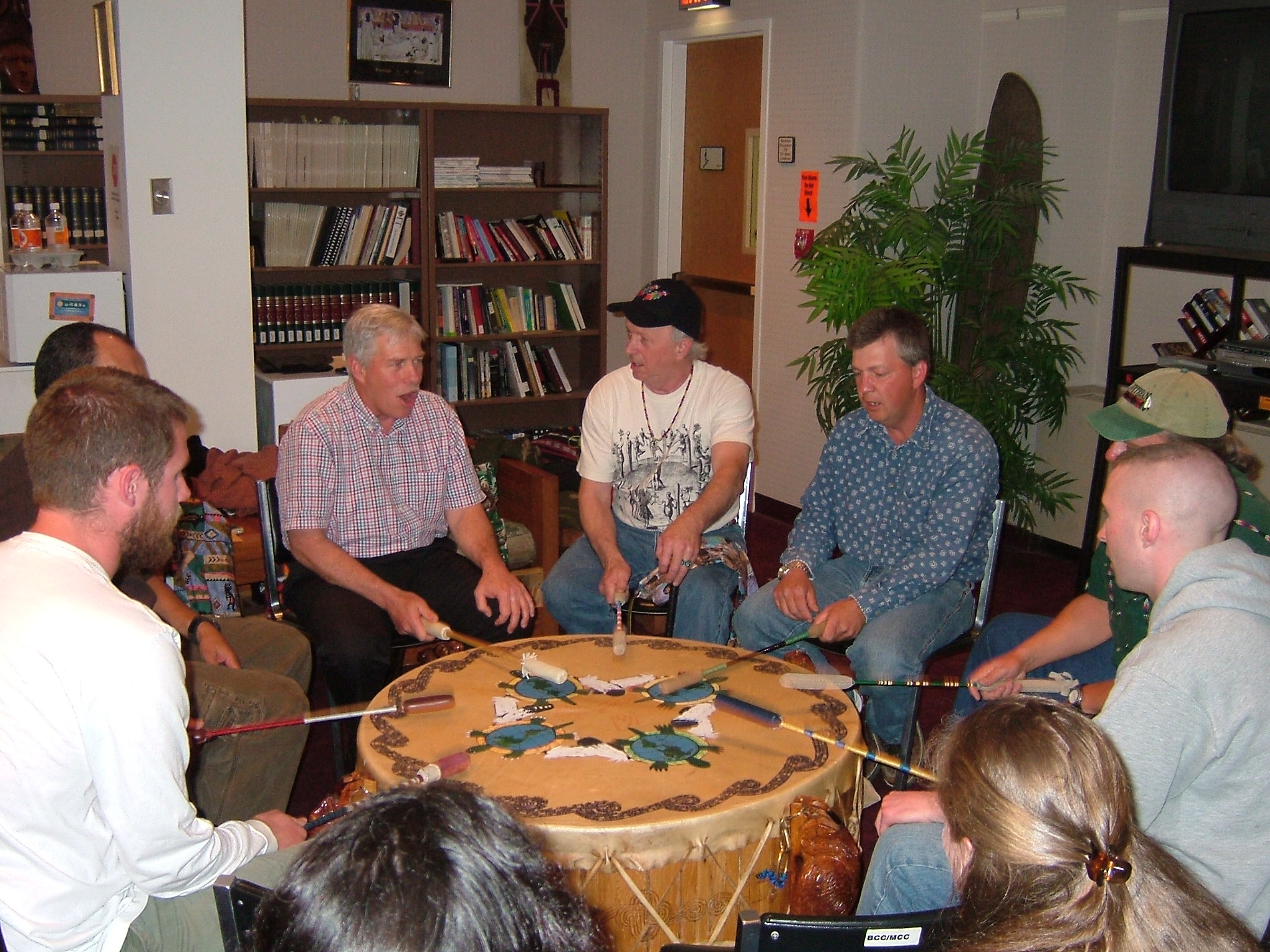University to host Virginia Indian Nations Summit on Higher Education

The 10th annual Virginia Indian Nations Summit on Higher Education (VINSHE) will take place on March 26-28 at Virginia Tech's Skelton Conference Center.
This gathering of representatives from Virginia’s Indian nations, along with Virginia Tech faculty, students, and administrators has evolved to include delegates from the University of Virginia and William and Mary in forging a common vision of the relationship between Indian nations and the academy.
“The summit has proven vital in the development of Virginia Tech’s American Indian studies program whether through curriculum development or through creating linkages between faculty, students, and tribal communities,” said Samuel R. Cook, associate professor of sociology. “It has also prompted the development of more American Indian Studies curricula at other Virginia universities and served as a catalyst for student participation.”
The opening public keynote address entitled “The Land is Our Teacher: Reclaiming Traditional Knowledge,” will be given by Navajo agriculturalists Rosemarie Williams and Jamescita Peshlakai. Williams is a farmer who has resurrected traditional dry farming techniques in the Navajo Nation and developed a sustainable system of rotating these practices with selective livestock grazing. Peshlakai, her niece, is Director of the Dine’ Agriculture Program which has implemented these techniques in tribal agribusiness and selected extension programs. This event will take place on Friday, March 26 at 5 pm in Latham Ballroom and is open to the public.
The Native American Student Summit on Higher Education (NASSHE), a tribal youth leadership conference, will also convene for the first time in anticipation of the role of future generations. Native@VT, Virginia Tech's American Indian student organization, has developed an agenda for this portion of the summit, which will bring together indigenous students from the participating universities to discuss challenges of being student leaders and sustaining Native American student organizations. They will also generate challenges for tribal leaders and educators to enhance their futures as citizens of self-determining tribal nations and leaders in the global community.
The tribal advisory board that was created at the first summit now serves as the advisory committee for the Virginia Foundation for the Humanities (VFH) Virginia Indian Heritage Program; a multifaceted initiative intended to educate the public about Virginia’s indigenous peoples through interpretive programs, displays, and other media largely directed by Virginia Indians. This group also designed and implemented a series of symposia for primary school educators on Virginia Indian history and culture, and successfully petitioned the state Department of Education to revise textbooks at all levels to include accurate depictions of indigenous peoples throughout the continent in all time periods.
This event is being sponsored by Virginia Tech’s Office of the Provost, College of Engineering, College of Natural Resources, College of Science, Graduate School, Office of Alumni Affairs, College of Liberal Arts and Human Sciences, American Indian Studies Program, Department of Sociology, Office of Academic Excellence and Enrichment, Office of Equity and Inclusion, as well as the University of Virginia’s Office of the Provost, and William and Mary’s College of Education. The event is also made possible through support from the Virginia Foundation for the Humanities Virginia Indian Heritage Program.




